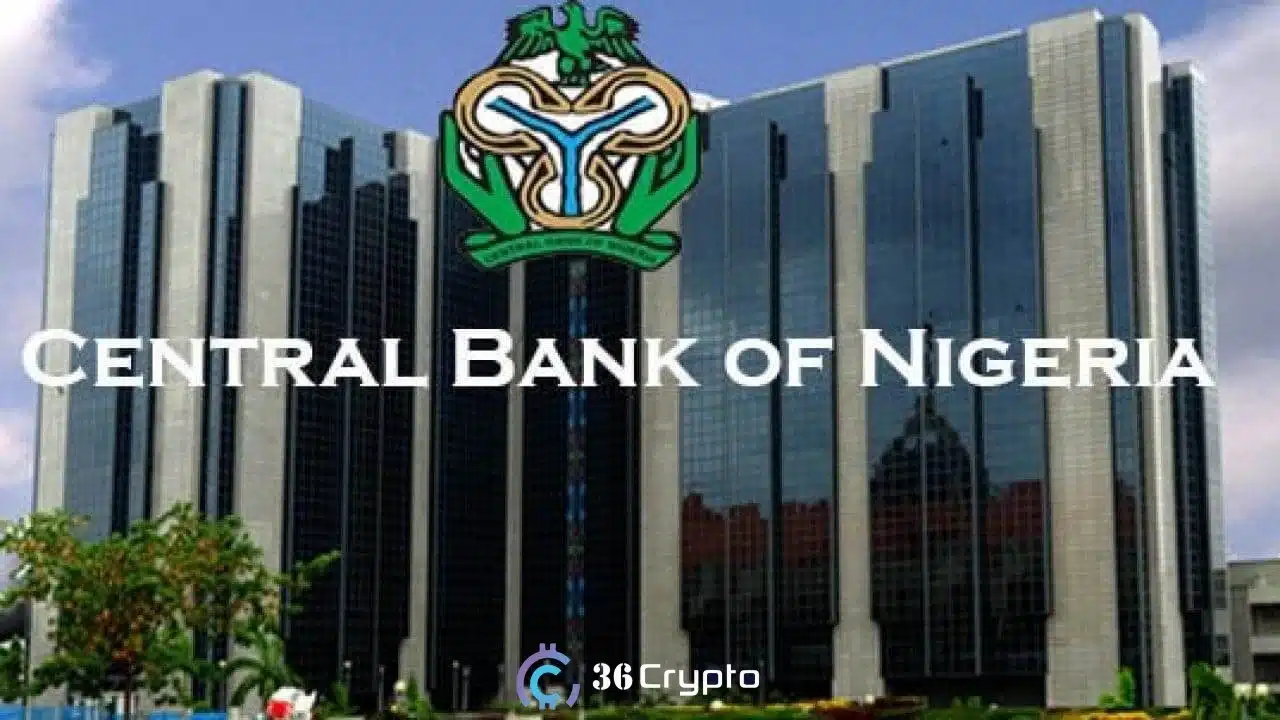The Central Bank of Nigeria has now lifted the ban which it placed on crypto trading in 2021. The Apex Bank of Nigeria cited changes in global trends as a need to regulate crypto activities in the country.
In a recent development, the Nigerian CBN has flipped the script to now support crypto transactions in the country. Recall that in 2021, the CBN banned all crypto activities citing major concerns about money laundering and terrorism financing.
However, in a circular released on December 22 with reference number FPR/DIR/PUB/CIR/002/003, the regulators have now taken a positive stand towards cryptocurrencies and have issued new guidelines for crypto transactions to financial institutions.
Nigeria adapts to global trend
The CBN stated in the circular that the new development is in line with the need to adjust to global trends that warrant a need to regulate the activities of Virtual Asset Service Providers (VASPS) which includes cryptocurrencies and other crypto assets.
In its latest guidelines, the CBN stated how financial institutions including banks are to provide designated settlement accounts and settlement services, open accounts as well as act as channels for the inflow of foreign exchange (forex) for firms transacting in crypto assets.
Nigeria's CBN has removed restrictions on cryptocurrency transactions. The original 2021 order banned banks from crypto-related transactions.
The latest circular, however, gives clear guidelines supporting crypto, but with stringent customer KYC and anti-money laundering checks. https://t.co/4YW4RKEKGP pic.twitter.com/XCRc7fjz9Y
— Abubakar (@IAtalkspace) December 22, 2023
In addition, the bank verification number (BVN) of each director and owner of cryptocurrency businesses using the bank services must be obtained. Furthermore, the new regulations also instruct cryptocurrency firms to obtain a license from the Securities Exchange Commission (SEC), the nation’s capital markets regulator.
The guideline also mandates crypto companies that plan to issue tokens in the country to submit a whitepaper to the SEC and wait for one month to find out if they can release such tokens in the country.
However, banks are still prohibited from being involved in activities including trading, holding, or transacting digital assets on their accounts. The Apex Bank has mandated that all financial institutions immediately comply with the new regulations.
Ultimately, this is a welcome development in Nigeria as the tech-savvy young population has massively adopted cryptocurrencies regardless of the position of the government.
Nigeria remains one of the countries with the most cryptocurrency adoption in the world. According to a report by Chainalysis, the volume of cryptocurrency transactions in Nigeria has grown by 9% between July 2022 and June 2023 raising it to $56.7 billion.
